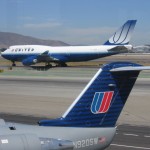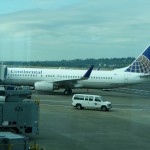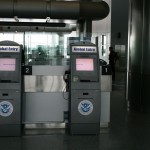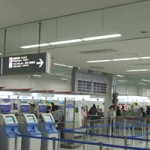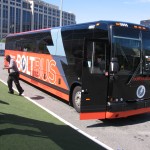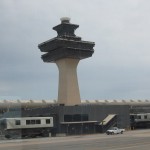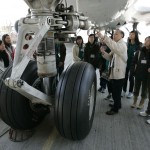Customers gain sway over airlines
If you thought complaints about a policy of your preferred airline would fall on deaf ears, last week proved you wrong. As travel companies struggle to survive the economic crisis, they are increasingly listening to their most loyal customers.
As I reported in this column, United Airlines announced last month that it soon would end advance domestic upgrades, which could be confirmed using electronic certificates top elite travelers get if they fly at least 10,000 miles per quarter. Though United tried to mask that huge loss for its best customers with the promise of automatic “free upgrades” if space in first or business class is still available a couple of days before a flight, the outcry against the new policy was overwhelming…

